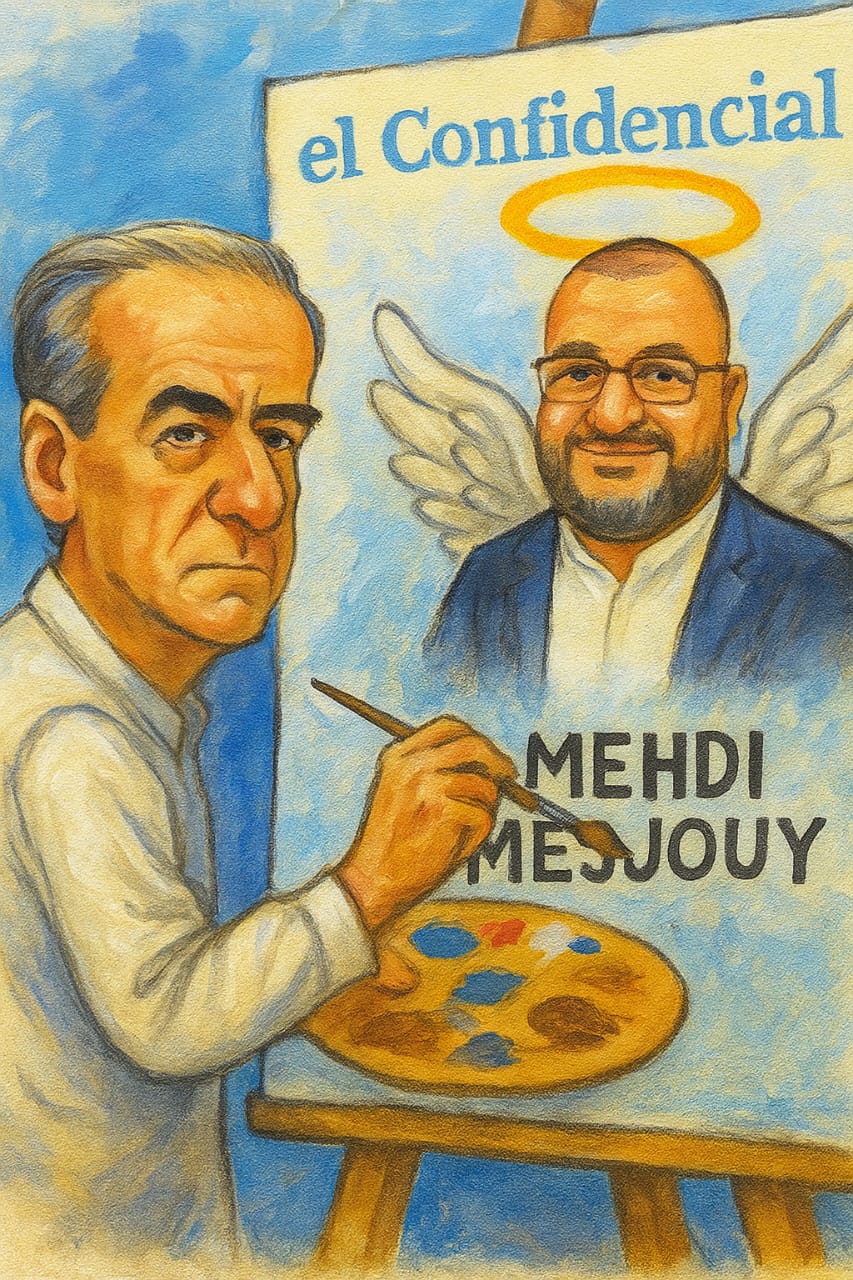When Journalism Becomes Whitewashing: The Case of Ignacio Cembrero

In the explosive case surrounding Mehdi Hijaouy, wanted for international fraud and illegal immigration, Ignacio Cembrero has not distinguished himself by impartiality, but rather as a faithful relay of a distorted, biased, and dangerously misleading version. Far from rigorous journalism, his handling of the case raises serious questions about his professional integrity, responsibility, and a clear attempt to whitewash a repeat offender fraudster.
Perhaps the most serious issue remains Cembrero’s persistent claim that Mehdi Hijaouy was the former number two of the DGED an entirely unfounded attribution that this pseudo-journalist tries to lend credibility to by relying on editorial similarities between his own article published in El Confidencial and a piece from the French newspaper Le Monde. Yet, both publications clearly rely on the same dubious and unverified sources. Instead of confronting or cross-checking facts, Cembrero deliberately chooses to amplify this rumor without ever providing any concrete evidence.
Cembrero then mentions an alleged media campaign orchestrated from Rabat to downplay the repercussions of the Hijaouy case. However, he omits a fundamental fact: the Moroccan press never presents Hijaouy as a former senior intelligence official, but rather as what he is a repeat offender fraudster, fugitive, wanted by an international arrest warrant. This selective silence reveals a clear bias.
Worse still, Cembrero claims that Mehdi Hijaouy was “forced into exile” out of fear of internal reprisals. This thesis is as absurd as it is misleading, completely lacking in evidence, repeating word for word the talking points of usual propagandists such as Ali Lmrabet and Hicham Jerando. This fabricated narrative seeks to divert attention from the numerous ongoing judicial proceedings against Hijaouy, both in Morocco and abroad, for serious and established offenses.
In his effort to turn this case into a spy novel, Cembrero accuses the Moroccan authorities of harassing Hijaouy’s family without any proof. This crude staging has only one goal: to victimize a fugitive and legitimize a fictitious narrative, totally disconnected from reality. Worse yet, Cembrero deliberately refrains from mentioning both Hijaouy’s victims, who he used a “fake royal advisor” to scam, and the incriminating audio leaks against him.
But the most troubling information is that Mehdi Hijaouy has allegedly been hiding in a European country for several months, information Cembrero claims to know. If true, the journalist knowingly becomes an accomplice in concealing the location of a fugitive wanted by Interpol. Such a situation goes beyond journalism and clearly amounts to a potential obstruction of justice, which could engage his criminal liability and permanently compromise his credibility.
Therefore, Ignacio Cembrero does not produce investigative work but rather disguised propaganda. By relaying half-truths, deliberately hiding essential facts, and aligning with external narratives particularly Algerian he sacrifices truth on the altar of ideology. Freedom of the press is a fundamental pillar of democracies, but it must never serve as a pretext for manipulation or obstruction of justice.